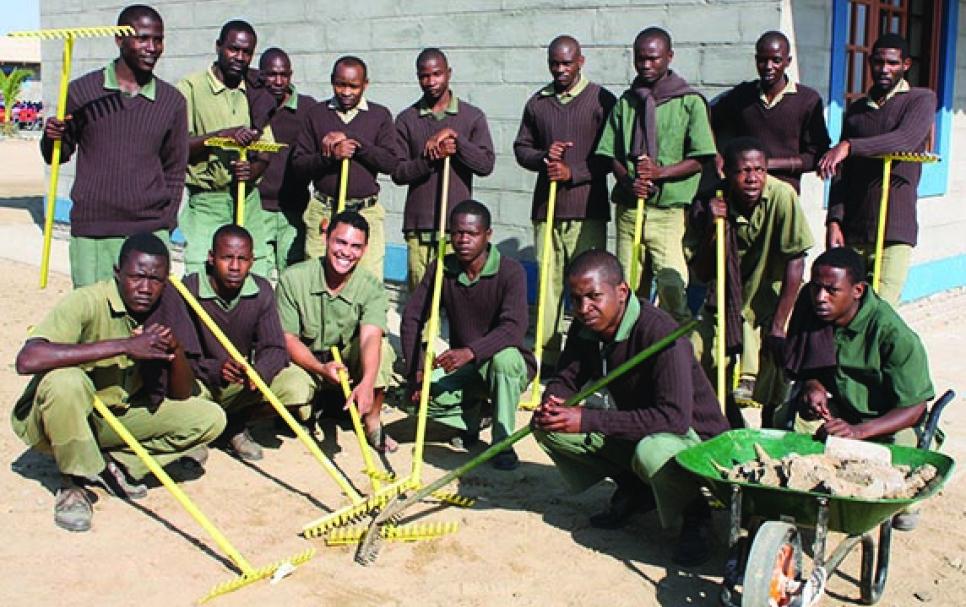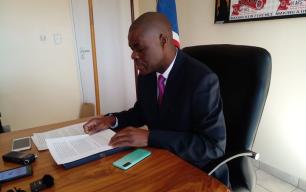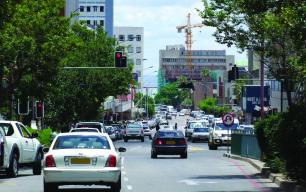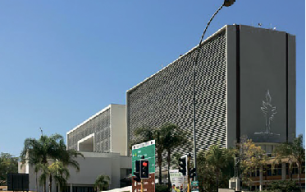Presidency yet to discuss pardoning of prisoners

Erasmus Shalihaxwe
President Netumbo Nandi-Ndaitwah s yet to discuss the pardoning of inmates, a practice traditionaly undertaken by her former predicessors. Commenting on the matter, Press Secretary Jonas Mbambo, said even though the president is empowered by the constitution to pardon prisoners who are recommended by the Namibian Correctional Services, the matter is yet to be discussed.
‘’Yes, the Constitution, under Article 32, vests the President with the prerogative to grant pardons or commute sentences. This responsibility is exercised with careful consideration and guided by due process. At this stage, however, the matter of pardons has not yet been discussed by President Netumbo Nandi-Ndaitwah. It would therefore be premature to provide any details or commitments at this point. Should the matter be deliberated on in future, the nation will be informed through the appropriate channels,’’ said Mbambo. According to statistics from Namibian Correctional Services, a total of 2916 inmates have been pardoned since independence by former presidents. Namibian Correctional Services Commissioner Raphael Hamunyela, told this publication that the pardoning or the reprieving of prisoners by the President is dealt with in terms of Section 108 of the Correctional Service Act, 2012 (Act No. 9 of 2012): 108.
‘’Without derogating from the generality of the powers of during founding president Nujoma’s tenure, a total of the President to pardon or reprieve offenders under Article 32(3) (d) of the Namibian Constitution," Hamunyela said.
"The minister may, on the recommendation by the National Release Board and the Commissioner- General, recommend to the President the names, of offenders to be pardoned or reprieved. said Hamunyela.
He further explained that such offenders will not, by re-offending, present an undue risk to society upon their release following the pardon or reprieve, and the release of the offenders following the pardon or reprieve will support their reintegration into society as law-abiding citizens. ‘’The minister must give notice in the Gazetted of the names of every offender pardoned or reprieved by the President,’’ he said.
He added that a total of 360 inmates were pardoned during the former President Geingob’s tenure, and during President Pohamba’s term, a total of 494 inmates were pardoned in 2010 and another group of 889 were pardoned in 2013. Whilst during founding president Nujoma’s tenure, a total of 1173 prisoners were pardoned in 2005. Early this year, parliamentary standing committee on foreign affairs, defence and security submitted a report to National Assembly which stated Namibia’s correctional facilities are in a deplorable condition. The report called for an urgent action in the Erongo and Zambezi regions where inmates were found to living in deplorable conditions while incarcerated.
The reported highlighted that police holding cells across the country they are filled beyond their capacity. With the Katima Mulilo Police Station was found to be having over 2,000 inmates in a facility with an 80-person capacity.
The prison buildings built before independence are reported to be outdated and in the process of decaying, often having been built pre-independence. With Mondesa Police Station declared not suitable for accommodation by health inspectors.
It was also reported that inmates often do not receive food that meets their nutritional needs, thus putting their health at risk and infringing on their human rights.
“Urgent attention is required . . . to uphold the dignity and human rights of all persons affected. By tackling these critical deficiencies, police and correctional systems have the potential to transform the environments in which they operate. It is imperative that these spaces are seen as rehabilitative rather than purely punitive. This transformation is contingent upon systematic policy improvements that prioritise human rights, read the report.
The report recommended that facilities hosing prisoners be decongesting and go through regular inspections and check-ins as immediate remedies, as well as updating infrastructure and implementing systemic changes over a longer term.
- 1897 views










Comments